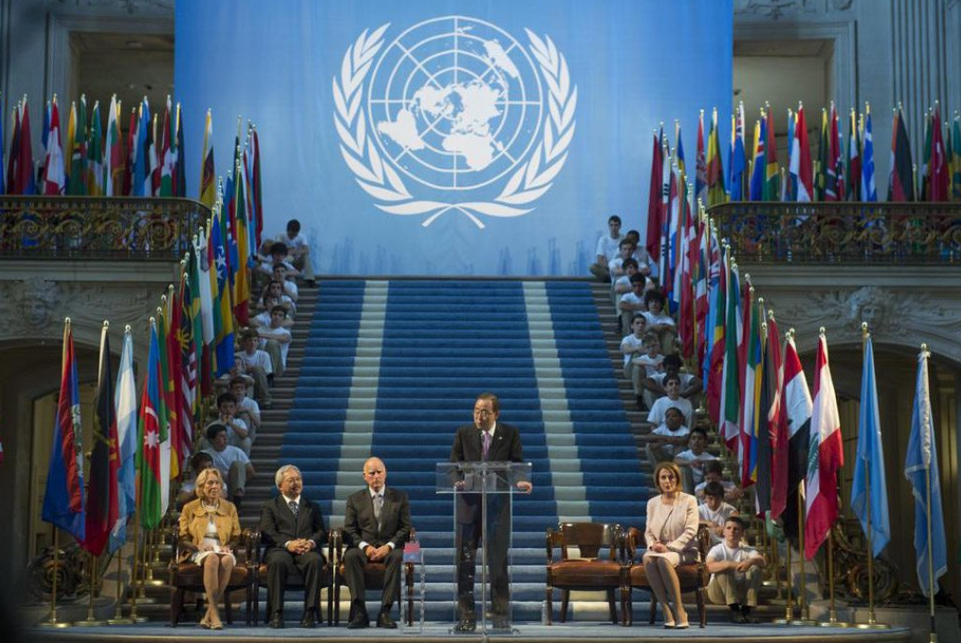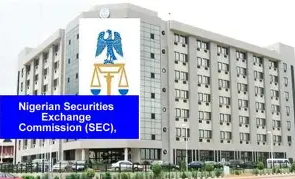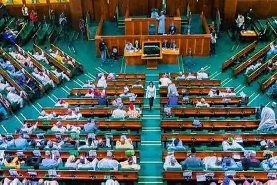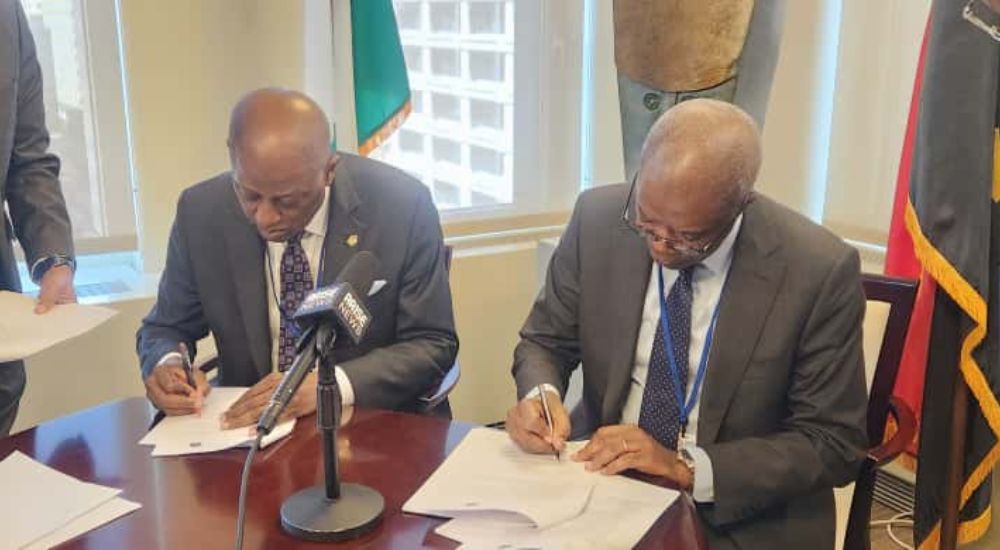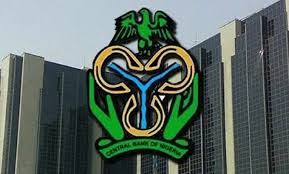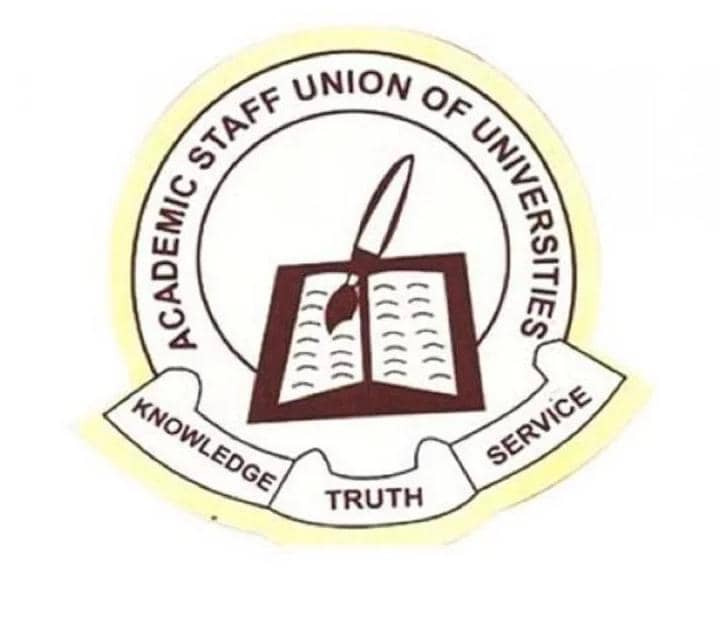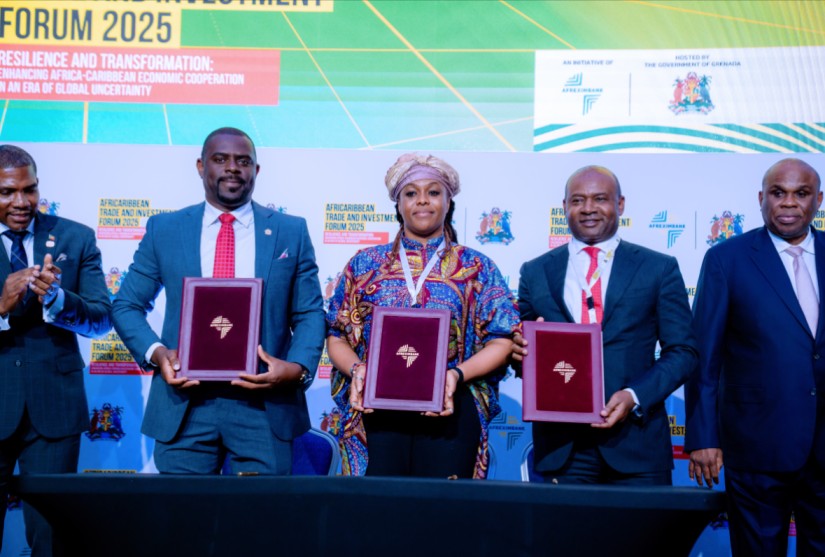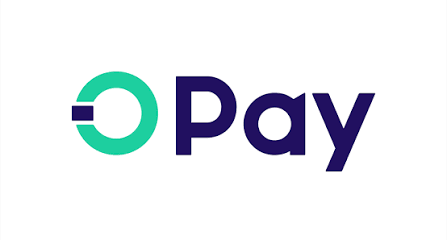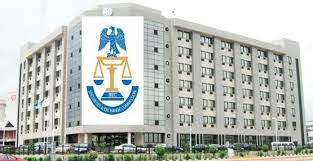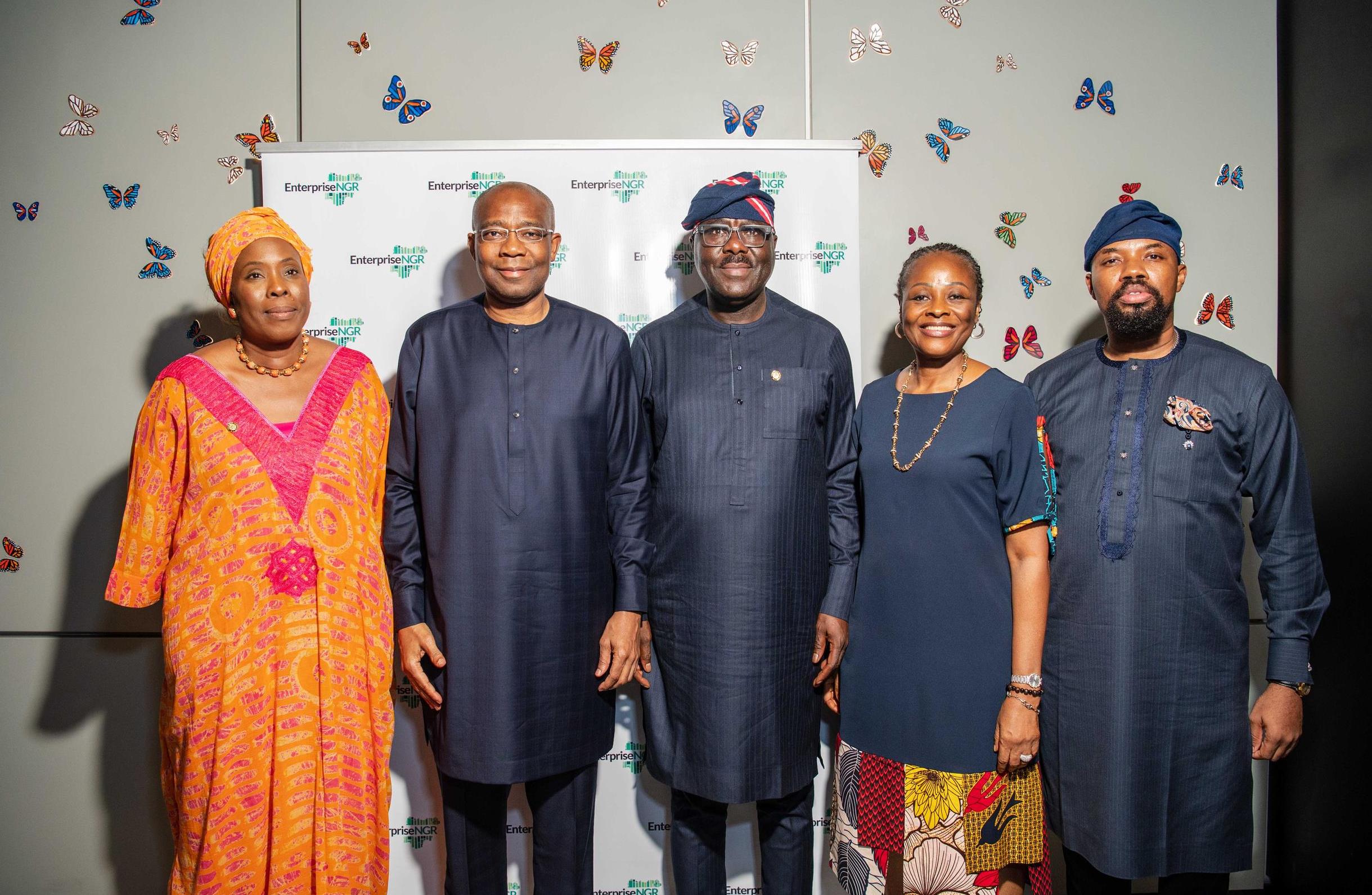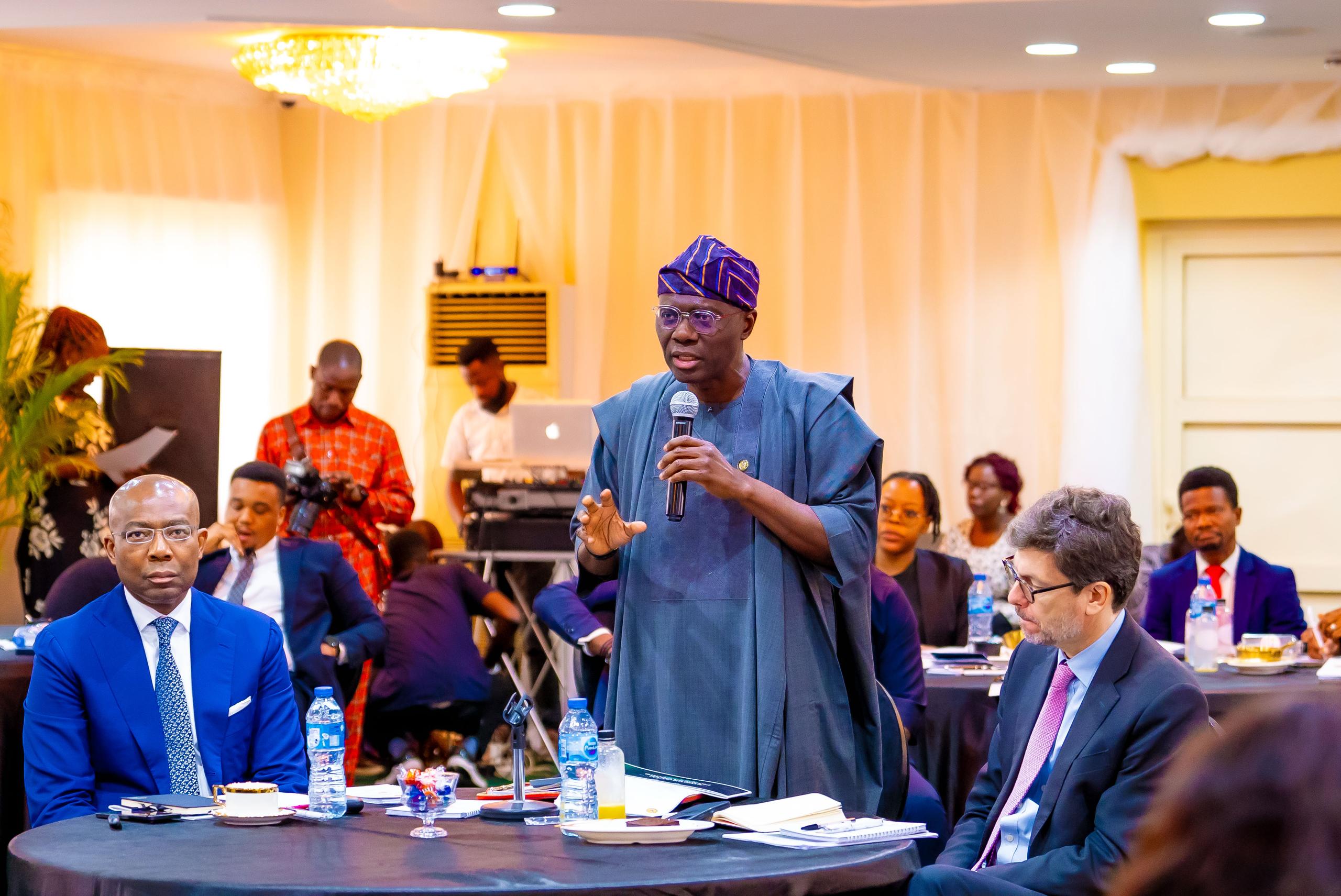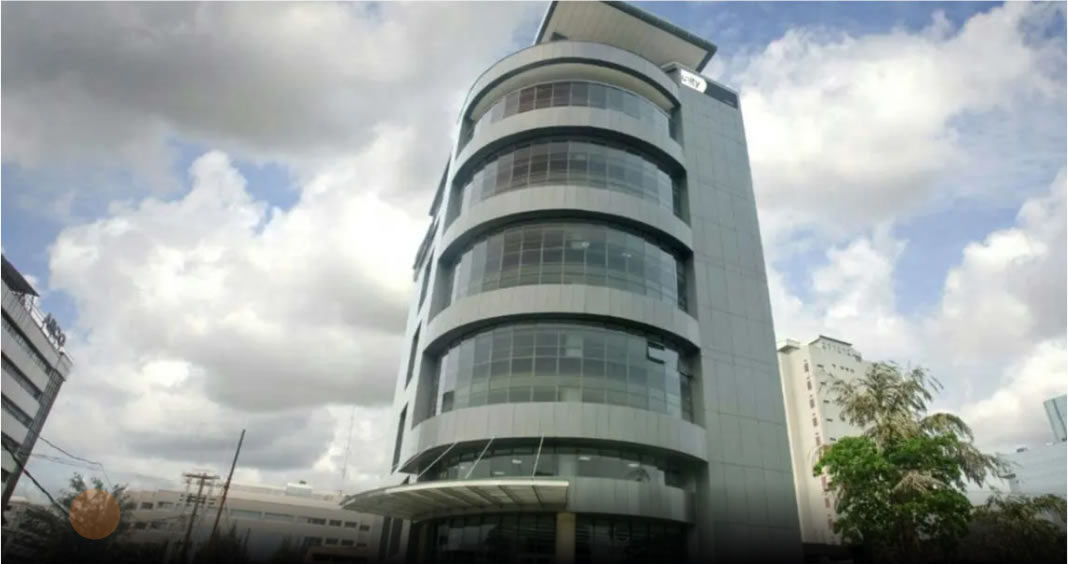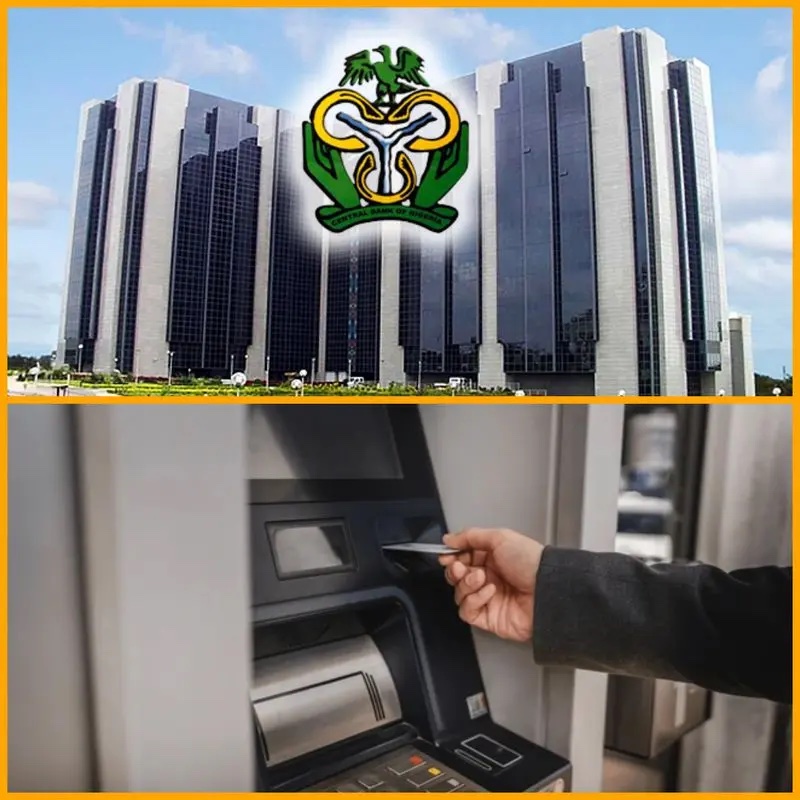The Federal Government has charged tax practitioners to work harder in getting more revenue from taxes, stressing that tax revenue is currently the highest income source for the federation.
It disclosed this on Tuesday through the Accountant-General of the Federation, Oluwatoyin Madein, at the 26th Annual Tax Conference of the Chartered Institute of Taxation of Nigeria in Abuja, with the theme: Sustainable Tax Culture and Economic Roadmap for Nation Building.
The government pointed out that based on the current high revenue from taxes, members of the Federation Accounts Allocation Committee were always looking forward to the figures from the Federal Inland Revenue Service every month, in order to have funds to share to the three tiers of government.
Madein said, “Like the CITN, the Office of the Accountant-General of the Federation is committed to a sustainable tax culture that will ensure the continuous flow of revenues even at an improved level.
“Tax revenue as at today is the highest source of revenue accruing to the federation. Therefore at the Federation Account Allocation Committee meetings we eagerly await the numbers coming from the FIRS because the performance keeps on increasing and brings succour to all tiers of government.”
FIRS exceeded its 2023 revenue target by N816bn, as its total actual revenue collection for last year stood at N12.37tn, outperforming the N11.56tn target.
This is contained in a presentation by Amina Ado, Coordinating Director of Special Tax Operations Group at the FIRS.
At the CITN conference on Tuesday, the accountant-general tasked tax practitioners to step up efforts in collecting taxes, so as to shore up more revenue for the government to provide infrastructure and other amenities.
Madein said, “Let us remain steadfast in our commitment to building a better future for all. Together we can harness the transformative power of taxation to create a more prosperous, equitable and sustainable world.
“Like I said earlier, at FAAC we eagerly look forward to tax numbers because at the moment revenue from non-oil has been a great revenue source to the federation.
“Therefore, to tax practitioners, you are doing so well, but we need more of this to be able to deliver on all the areas that the citizens are looking forward to, because for even infrastructure development, it is only through funds that we can get it done.”
She further stated that it was her strong belief that “the conference will go a long way to deepen the collaboration between our organisations in building capacity for all the professionals, experts and tax payers for better understanding of the tax laws, rules and regulations.
On his part, the President/Chairman of Council, CITN, Samuel Agbeluyi, while delivering his remarks earlier, pointed out that the withdrawal of subsidies on fuel and electricity had reduced the purchasing power of the masses.
He noted that raising electricity tariff for a selected band after fuel subsidy was withdrawn “is going to reduce the purchasing power of the masses. So we urge govt to consider these actions on the masses.
He, however, stated that the institute was happy to know that President Bola Tinubu had asked the Central Bank of Nigeria to slow down on the recent cybersecurity levy that was approved by the apex bank.
“We will continue to advise the govt on its policies, considering how these polices affect the citizens,” Agbeluyi stated.
It was reported on Sunday that President Bola had asked the CBN to suspend the implementation of the controversial cybersecurity levy policy and ordered a review.
This followed the decision of the House of Representatives, which, last Thursday, asked the CBN to withdraw its circular directing all banks to commence charging a 0.5 per cent cybersecurity levy on all electronic transactions in the country.
The CBN on May 6, 2024, issued a circular mandating all banks, mobile money operators, and payment service providers to implement a new cybersecurity levy, following the provisions laid out in the Cybercrime (Prohibition, Prevention, etc) (Amendment) Act 2024.
According to the Act, a levy amounting to 0.5 per cent of the value of all electronic transactions will be collected and remitted to the National Cybersecurity Fund, overseen by the Office of the National Security Adviser.
Meanwhile, the CITN president explained that in building a sustainable tax culture in Nigeria, government at all levels have a great role to play.
“Taxation, in all its aspects, demands the utmost level of professionalism due to its critical importance to economic sustainability.
“In furtherance of efforts at sustaining a tax paying culture, it is important to emphasise judicious use of tax revenue to engender trust between government and the taxpayer thereby entrenching a taxpaying culture and by extension contributing to nation building.
Punchng





